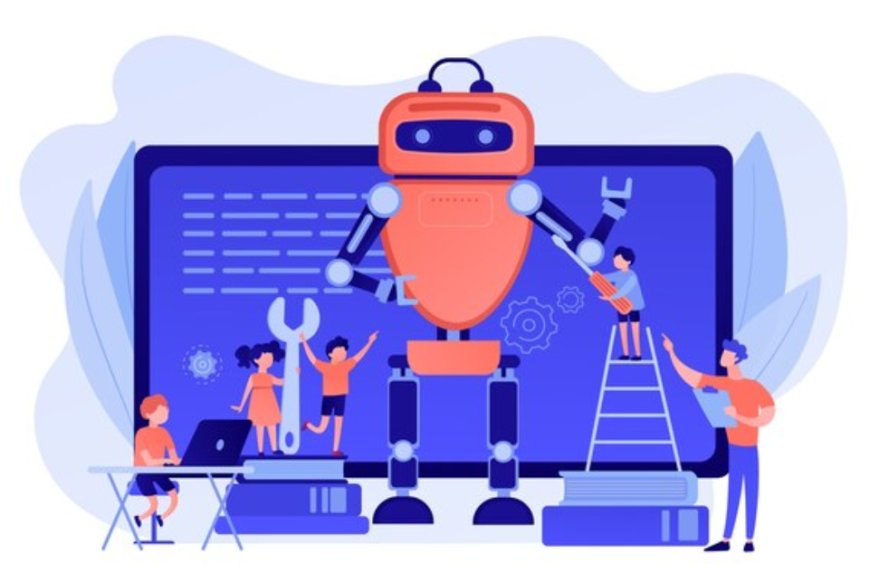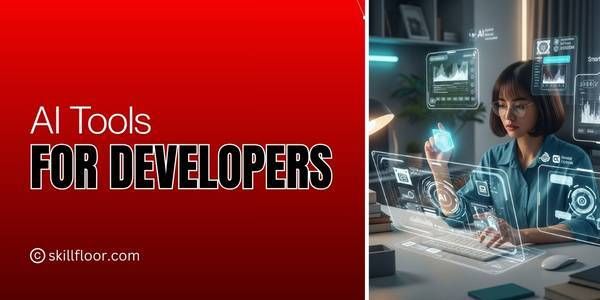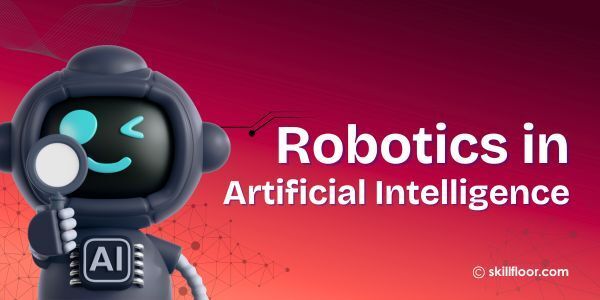AI in Education: Personalized Learning and the Classroom of the Future
Discover the intersection of Machine Learning in Finance and AI in Education. Explore how personalized learning is shaping the Classroom of the Future. Unlock insights into the synergy of finance and education technology.

AI in education refers to the integration of artificial intelligence technologies into the educational landscape. It encompasses various applications, such as personalized learning, intelligent tutoring systems, and data-driven insights, to enhance the learning experience. AI holds the potential to revolutionize education by tailoring instruction to individual students, improving engagement, and shaping the future classroom into a dynamic, adaptive environment. This introduction sets the stage for exploring the transformative impact of AI in education in the following sections.
Personalized Learning with AI
Personalized learning, at its core, is an educational approach tailored to the unique needs and abilities of each student. It recognizes that one-size-fits-all instruction may not effectively meet the diverse learning styles and paces of students. AI plays a pivotal role in making personalized learning a reality.
Using AI algorithms, educational systems can analyze vast amounts of student data, including performance, behavior, and preferences, to create customized learning pathways. This adaptability allows students to learn at their own pace and in their preferred style, enhancing their overall educational experience. For example, adaptive platforms can recommend math modules, reading support, or English Grammar Practice sessions depending on each learner’s needs.
The benefits of personalized learning with AI are significant. First, it boosts student engagement by aligning lessons with their interests, making learning more enjoyable. Second, it leads to enhanced learning outcomes, as students receive targeted support where they need it most. Finally, personalized learning allows for individualized pacing, ensuring that no student is left behind, and high-achievers can be appropriately challenged. This dynamic approach holds immense promise for the future of education.
AI-Powered Tools in Education
Intelligent tutoring systems leverage AI to provide personalized and adaptive learning experiences. These systems assess a student's strengths and weaknesses, offering tailored exercises and feedback. They play a crucial role in reinforcing concepts, addressing individual learning gaps, and promoting self-paced learning.
Adaptive learning platforms use AI algorithms to customize educational content and pathways for each student. These platforms continuously adapt based on a student's progress and performance, ensuring that they receive the right material at the right difficulty level. This approach maximizes engagement and learning efficiency.
Chatbots equipped with natural language processing capabilities are becoming valuable companions in education. They offer 24/7 support to students, answering questions, providing guidance on assignments, and even offering emotional support. Chatbots contribute to a more accessible and responsive learning environment.
AI-driven analytics gather vast amounts of data on student performance and engagement. Through machine learning, educators gain actionable insights into individual and group progress. These insights enable informed decision-making, allowing teachers to tailor their teaching strategies and recommend interventions for struggling students.
Challenges and Considerations
AI in education, particularly in the context of personalized learning, presents several challenges and considerations that must be addressed to ensure its successful implementation.
-
Privacy and Data Security: As AI systems collect and analyze vast amounts of student data, protecting privacy and data security becomes paramount. Educational institutions must implement robust data protection measures and adhere to stringent privacy regulations to safeguard sensitive information.
-
Equity and Accessibility Concerns: AI can exacerbate existing educational inequalities if not carefully managed. Ensuring equitable access to AI-powered resources and addressing the digital divide is crucial. Educators must be mindful of students with diverse needs and ensure accessibility for all.
-
Teacher and Student Readiness: Integrating AI into the classroom requires teacher and student readiness. Educators need training to effectively use AI tools, while students must adapt to new learning methods. Ongoing professional development and support are essential to facilitate this transition.
-
Ethical Considerations: AI raises ethical questions related to bias, fairness, and decision-making transparency. Developers must design AI systems that are fair, transparent, and free from discriminatory biases. Ethical guidelines and oversight are necessary to navigate these complex ethical challenges in education.
The Classroom of the Future
Integration of AI into the Curriculum
In the classroom of the future, AI will play a central role in curriculum design and delivery. Educators will leverage AI-driven tools and platforms to customize learning materials, adapting them to individual student needs. This integration will result in a more dynamic and responsive educational experience, catering to diverse learning styles and abilities.
Redefining the Role of Educators
With AI handling routine tasks such as grading and data analysis, educators will shift their focus towards personalized instruction and mentorship. They will become facilitators of learning, guiding students through critical thinking, problem-solving, and creativity. This transformation will demand a new skill set and a deeper understanding of AI's potential in education.
Future Possibilities and Innovations
The classroom of the future holds exciting possibilities. Virtual reality and augmented reality technologies will enable immersive learning experiences, while AI-powered assessments will provide real-time insights into student progress. Lifelong learning will be facilitated by AI-driven recommendation systems, ensuring that education remains relevant throughout one's life. These innovations promise to reshape education for generations to come.
Future Trends and Predictions
Emerging AI technologies in education
The future of education will witness the emergence of even more advanced AI technologies. These may include AI-driven virtual tutors that can adapt to individual learning styles, AI-generated content, and intelligent virtual classrooms that provide immersive learning experiences. Additionally, natural language processing and sentiment analysis will enhance personalized feedback and assessment.
Shaping the future of education
AI is poised to reshape education fundamentally. It will encourage a shift from traditional, one-size-fits-all models to highly personalized, adaptive learning experiences. This transformation will empower students to learn at their own pace, fostering a deeper understanding of subjects and critical thinking skills.
Potential societal impacts
The widespread adoption of AI in education may lead to significant societal impacts. It could bridge educational inequalities by providing quality education to underserved populations. However, it also raises concerns about data privacy, bias in algorithms, and job displacement among educators. Striking the right balance between technological advancement and ethical considerations will be crucial in determining AI's overall impact on society.
AI holds immense transformative potential in education, revolutionizing the way we teach and learn. It empowers personalized learning, enhancing student engagement and outcomes. To unlock its full potential, continued research and development are crucial. Educators, policymakers, and stakeholders must collaborate in shaping the future of education through responsible AI integration, addressing privacy, equity, and ethical concerns while ensuring that AI serves as a powerful tool in creating the classroom of the future.



























































